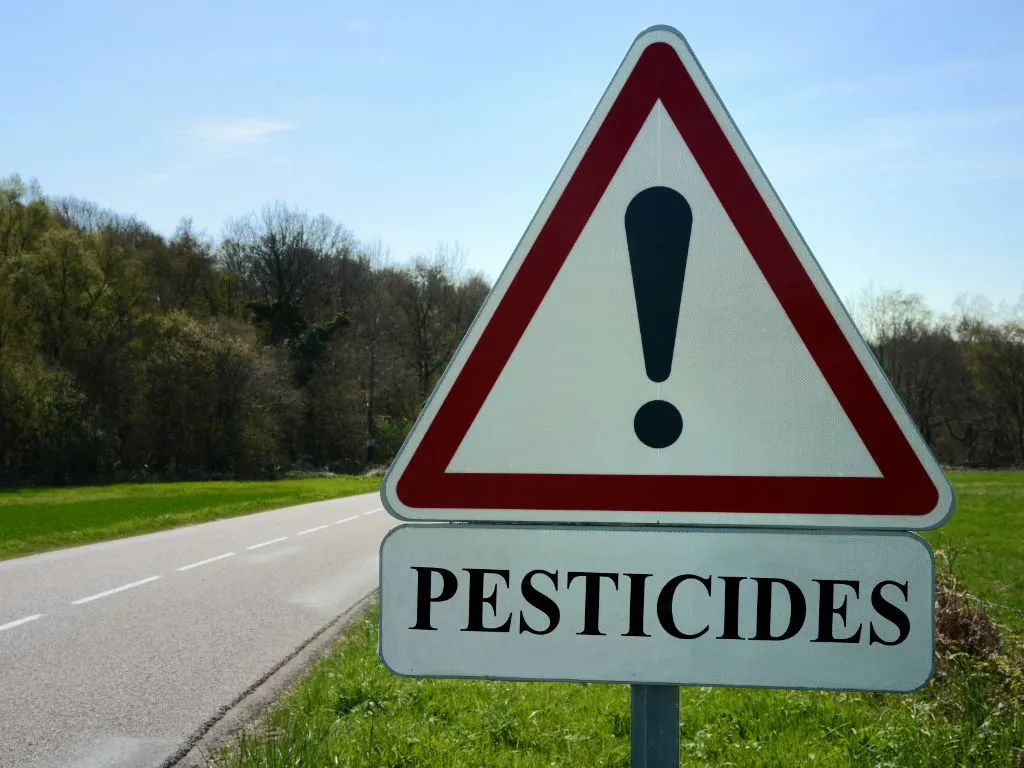- Home
- News Details
News Details

European Parliament Blocks EU-Banned Pesticide Residues in Imported Food
2024-09-25 Reference source : European Parliament
In a recent plenary session on 18 September 2024, the European Parliament blocked two European Commission decisions that would have allowed residues of pesticides currently banned in the EU in imported food products.
Details of the Blocked Decisions
The decisions concerned maximum residue levels (MRLs) for pesticides such as cyproconazole and spirodiclofen in cereals, seeds and meat products, as well as benomyl, carbendazim and thiophanate-methyl in citrus fruits and okra. These pesticides are highly toxic and are banned in the EU due to their serious health and environmental risks. Carbendazim, thiophanate-methyl and cyproconazole are classified as mutagenic, reprotoxic and endocrine disruptors, with the potential to harm human health and aquatic life. MEPs argued that allowing residues of these pesticides in imports would endanger public health and create unfair competition for EU farmers.
MEPs Call for Equal Standards
The resolutions stressed that products imported from non-EU countries should meet the same safety standards as those produced in the EU, to ensure a level playing field. The objection to the Commission’s decision on cyproconazole and spirodiclofen was supported by 522 MEPs, while 516 MEPs voted against the use of benomyl, carbendazim and thiophanate-methyl.
Next steps
The Commission must now withdraw its proposals and come forward with new draft that lower the MRLs to the limit of detection or set a default value of 0.01 mg/kg.
We acknowledge that the above information has been compiled from European Parliament.
Global Product Compliance (GPC) specializes in Global Regulatory Compliance Solutions across sectors
globally. SSS Europe, a familiar name in chemical regulatory and compliance services now formally belongs
under the umbrella of GPC Holding Sweden.
Since 2008, we have emerged as one of the leading names among Global Regulatory Compliance Service
Providers with Representation services in Europe, Asia and Middle East for respective chemical
regulations.

 Twitter
Twitter
